
DigiCert Secure Email (S/MIME) Certificates
S/MIME certificates for end-to-end email security at any scale
Secure Email (S/MIME) Certificates
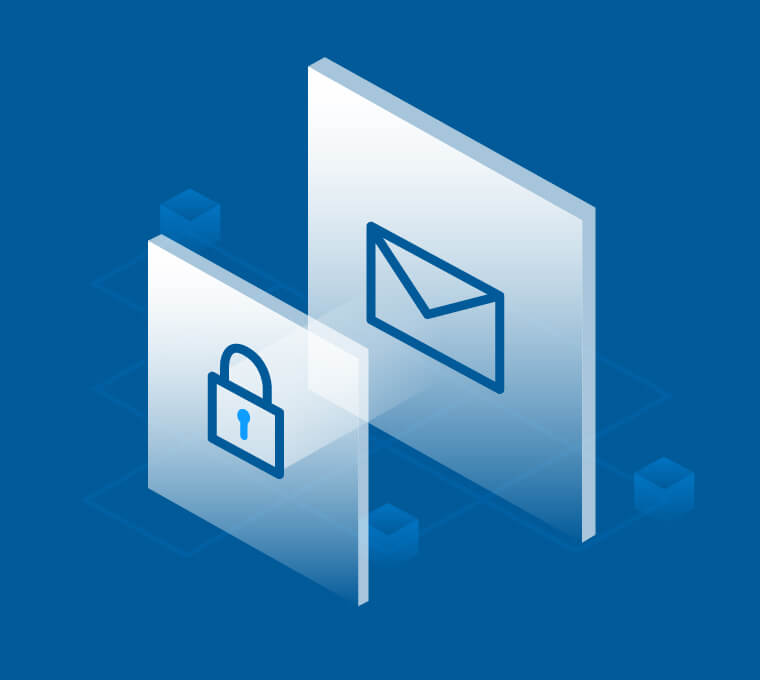
Whether you’re looking to secure your personal email or safeguard the communications of a global corporation, a Secure Email subscription from DigiCert provides the end-to-end encryption you need to prevent phishing, tampering and man-in-the-middle attacks.
The S/MIME certificate included in your Secure Email plan ensures every message you or your employees send or receive travels safely from outbox to inbox, offering reassurance that the contents haven’t been manipulated in any way.
- 24x5 Standard Support
- Automated certificate request and delivery
- DigiCert CertCentral Management Portal
- Supported by Gmail, Yahoo and all major email services
- Compatible with email apps like Microsoft Outlook and Apple Mail
Secure Email (S/MIME) Certificates

Whether you’re looking to secure your personal email or safeguard the communications of a global corporation, a Secure Email subscription from DigiCert provides the end-to-end encryption you need to prevent phishing, tampering and man-in-the-middle attacks.
The S/MIME certificate included in your Secure Email plan ensures every message you or your employees send or receive travels safely from outbox to inbox, offering reassurance that the contents haven’t been manipulated in any way.
- 24x5 Standard Support
- Automated certificate request and delivery
- DigiCert CertCentral certificate management platform
- Supported by Gmail, Yahoo and all major email services
- Compatible with email apps like Microsoft Outlook and Apple Mail
Secure Email (S/MIME) Certificates

Whether you’re looking to secure your personal email or safeguard the communications of a global corporation, a Secure Email subscription from DigiCert provides the end-to-end encryption you need to prevent phishing, tampering and man-in-the-middle attacks.
The S/MIME certificate included in your Secure Email plan ensures every message you or your employees send or receive travels safely from outbox to inbox, offering reassurance that the contents haven’t been manipulated in any way.
- 24x5 Standard Support
- Automated certificate request and delivery
- DigiCert CertCentral certificate management platform
- Supported by Gmail, Yahoo and all major email services
- Compatible with email apps like Microsoft Outlook and Apple Mail
Features
Solutions for every use case
DigiCert Secure Email combines the strength of S/MIME signing and encryption with the flexibility you need to support different email use cases, compliance programs and security requirements.
Secure Email for Individual
Perfect for personal accounts or for small businesses that use a shared email platform like Google.
Secure Email for Business
For businesses that need to guarantee the authenticity of their email users and the messages they send, Secure Email for Business offers employee subscriptions for individual employees (i.e., jane.doe@example.com), as well as group subscriptions for corporate or shared email addresses (info@example.com).
Specifications
- IETF Compliant EKU
- Meets CA/B Forum standards
- Enables mailbox-validated, individual-validated, organization-validated
and sponsor-validated signatures
Optional heading that can be visually hidden
Use Cases
DigiCert S/MIME Certificates are the ideal solution for individuals and organizations seeking to improve email security and visibility, including:
- Meeting stringent compliance and/or regulatory environments
- Protecting company data and IP
- Insulating users from phishing and spoofing attacks
- Improving user trust
- Securing sensitive data in transit
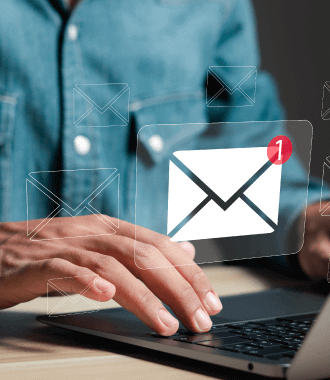
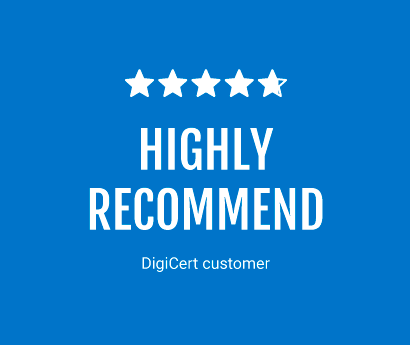
Here's What Customers are Saying
“I cannot say enough about how helpful this agent was and how he went above and beyond to help me solve a local problem. He is a rockstar and saved me from hours of headache. Thanks so much!”
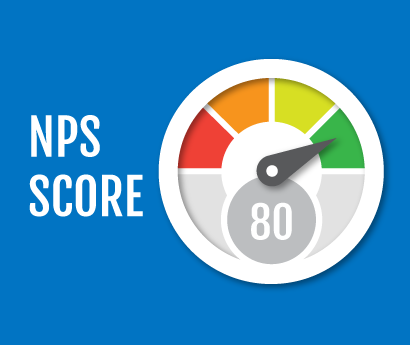
Our obsession with customer success
One of DigiCert’s core values is “customer obsession”—a dedication reflected in the Net Promoter Score (NPS) given to us by verified customers. The scale goes from -100 to 100, with a score of 50 universally regarded as “exceptional.”

Here's what customers are saying
“Thank you, Max, for your assistance. Hats of to you for your patience and the way you provide answers. In my whole career, you are the best technical support engineer that I've ever worked with.”
- Review 1
- Review 2
- Review 3
Frequently Asked Questions
Related Resources

VIDEO
Verified Mark Certificates for Email Integrity

GUIDE
DMARC is the foundation of verified email—and a good idea for every organization.
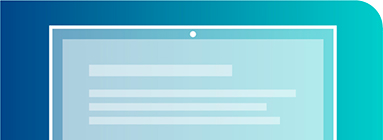
BLOG
Securing email: Digital trust in communications

